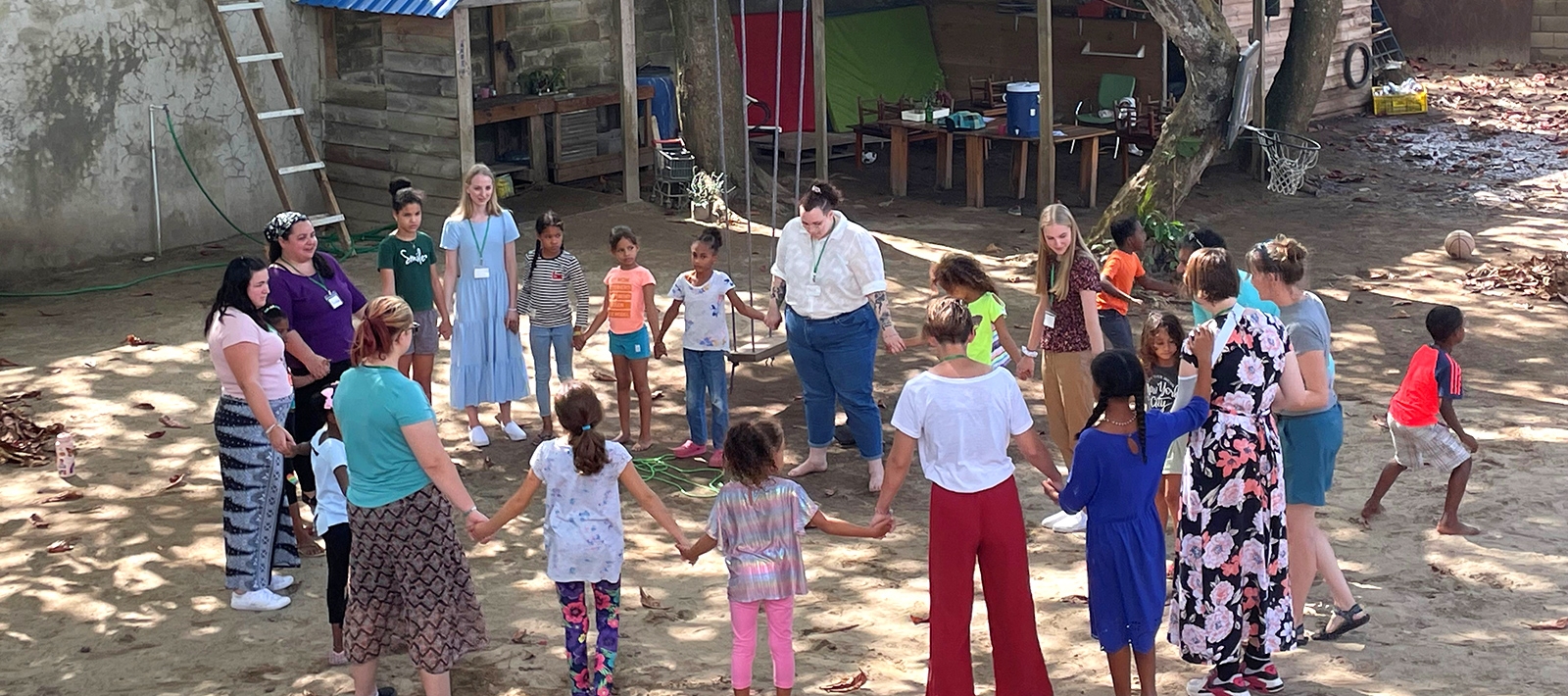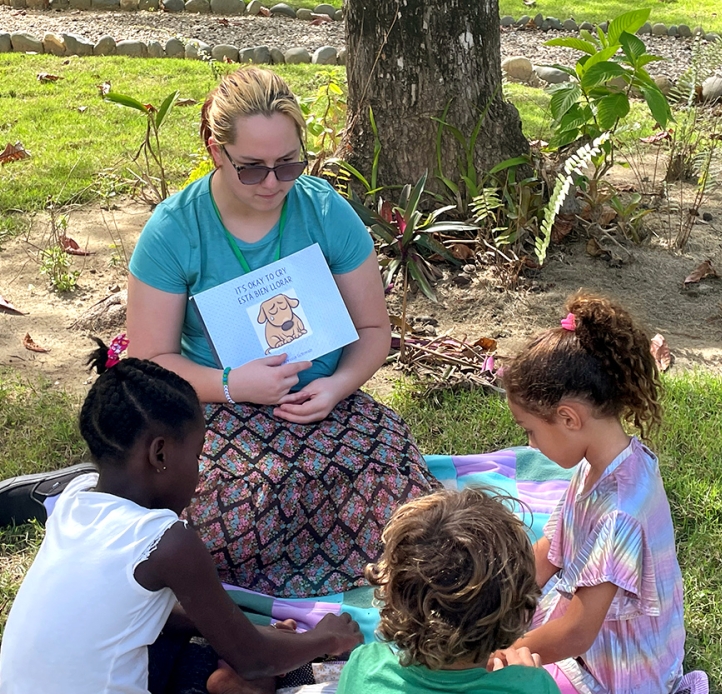
About Child Advocacy Studies
Child abuse and neglect negatively affect many children and their families and appropriate professional responses and services are often lacking.
The 9-credit Child Advocacy Studies certificate focuses on interdisciplinary, ethical, realistic, and culturally sensitive content that provides professionals working with children a foundation for responding to child maltreatment. Students will learn about the various disciplinary responses to child maltreatment and will develop a multidisciplinary understanding of the most effective responses.
Degree Information
CAST is recommended for any student considering post-graduation employment with a child protection agency or those students wishing to work with children or families in any professional capacity.
- Child Protection Caseworker
- School Counselor
- School Psychologist
- Licensed Clinical Social Worker
- Mental Health Counselor
CAS/PSY 301 PERSPECTIVES ON CHILD ABUSE AND ADVOCACY
Prerequisites: Junior or senior status; PSY 101 or CRJ 101 or SWK 220 or EXE 100 or Instructor permission
Introduction to child advocacy studies from a variety of diverse, professional perspectives. History, responses to child maltreatment, skills necessary to successfully conduct child advocacy, and other issues pertaining to child maltreatment and advocacy. Designed for students majoring in criminal justice, education, social work, sociology, psychology, or other areas where knowledge of child maltreatment and advocacy might be beneficial. Offered once a year during the fall semester.
Class is offered as both a face-to-face class during the academic year and an online asynchronous class during the summer.
CAS 302 GLOBAL CHILD ADVOCACY ISSUES
Prerequisites: CAS 301 or PSY 301
Fulfills IF Diversity requirement
Issues related to the lives of children in countries around the globe and immigrant and refugee children locally. Multidisciplinary approaches to advocacy with these populations. Designed for students majoring in criminal justice, education, psychology, social work, sociology, or other areas where knowledge of child maltreatment and advocacy might be beneficial. Offered once a year during the spring semester. This course may have a Service-Learning component and may require off-site engagement with the community during the semester.
CAS 302 is offered as an online, asynchronous course.
CAS 401 PROFESSIONAL AND SYSTEMIC APPROACHES TO CHILD ABUSE AND MALTREATMENT
Prerequisites: CAS 301 or PSY 301, Junior/Senior standing
Child abuse and maltreatment including knowledge and skills identifying, investigating and prosecuting child abuse. Systems involved in responding to child abuse/maltreatment. Child witnesses, civil and criminal child protection cases. Offered once a year during spring semester. Please note this course will likely include guest speakers and off-site tours.
CAS 401 is typically offered in the late afternoon, evening during the academic year.

Complete a Course or a Certificate
Students are welcome to enroll in the CAST courses without completing the certificate program.
Those students who wish to receive the certificate should contact Dr. Schuetze (schuetp@buffalostate.edu) for more information or to complete the necessary paperwork.
Small Class Size
Most classes have between 15 and 40 students (average class size is 20) meaning students receive lots of individualized attention.
Hands-On Learning
Classes incorporate a substantial experiential component so that students complete the program with important skills needed for child protection as well as knowledge about child maltreatment and protection.
Research opportunities are available but not required. Internship and volunteer opportunities are also available.
Accessible
These courses are open to current undergraduate students from any major. Students can take CAS 301 alone or complete the entire set of courses.
